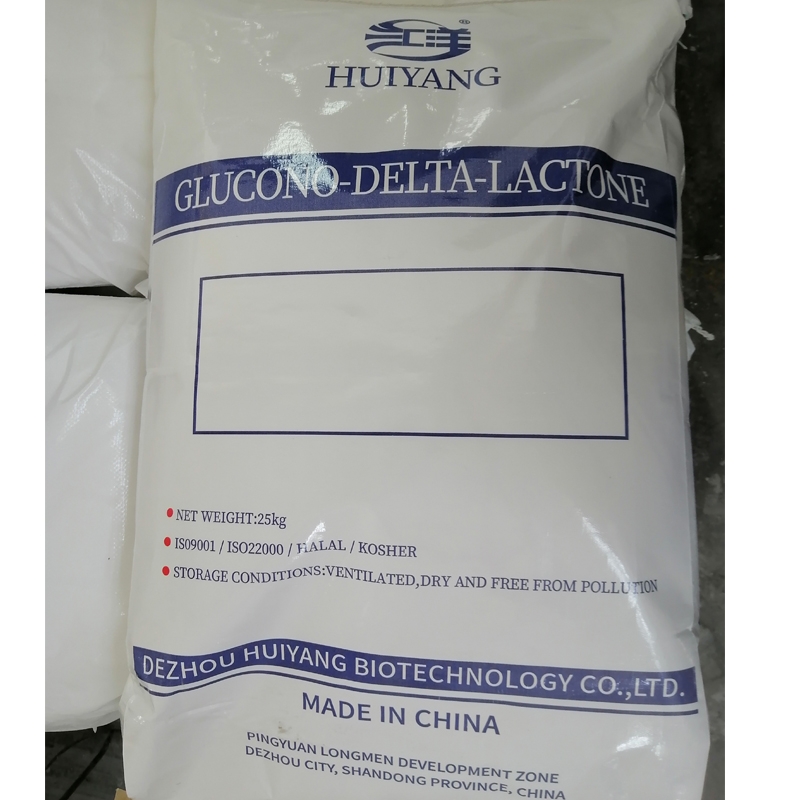-
Categories
-
Pharmaceutical Intermediates
-
Active Pharmaceutical Ingredients
-
Food Additives
- Industrial Coatings
- Agrochemicals
- Dyes and Pigments
- Surfactant
- Flavors and Fragrances
- Chemical Reagents
- Catalyst and Auxiliary
- Natural Products
- Inorganic Chemistry
-
Organic Chemistry
-
Biochemical Engineering
- Analytical Chemistry
- Cosmetic Ingredient
-
Pharmaceutical Intermediates
Promotion
ECHEMI Mall
Wholesale
Weekly Price
Exhibition
News
-
Trade Service
Monosodium glutamate , soy sauce, and chicken essence are condiments used in almost every family, mainly for flavor enhancement and freshness
.
Wherein in glutamic acid represented by the "acid flavor" and inosine monophosphate, guanosine monophosphate represented by "flavor nucleotide" flavor source
.
.
Wherein in glutamic acid represented by the "acid flavor" and inosine monophosphate, guanosine monophosphate represented by "flavor nucleotide" flavor source
.
Sodium glutamate is also called monosodium glutamate.
In the past 100 years of history, it has experienced countless trials and hardships
.
After a while, it was a great invention for the benefit of mankind, and another time it was said to be "harmful", and then some people said it was not a "harmful", so you can eat it with confidence
.
In the past 100 years of history, it has experienced countless trials and hardships
.
After a while, it was a great invention for the benefit of mankind, and another time it was said to be "harmful", and then some people said it was not a "harmful", so you can eat it with confidence
.
Recently, a sub-issue of the top international academic journal "Nature" published a study by the University of Colorado in the United States .
It is believed that glutamic acid will be metabolized to produce uric acid, and long-term intake may lead to obesity and metabolic syndrome blahblahblah.
.
.
It is believed that glutamic acid will be metabolized to produce uric acid, and long-term intake may lead to obesity and metabolic syndrome blahblahblah.
.
.
What is going on here, and how do you see the research results published in these top journals? First of all, give an attitude.
There is a saying in the scientific community that "the solitary evidence is not established", that is, the research conclusions need to be cross-validated and repeatedly validated to be reliable
.
There is a saying in the scientific community that "the solitary evidence is not established", that is, the research conclusions need to be cross-validated and repeatedly validated to be reliable
.
The conclusion of a single study is often, maybe, maybe, maybe, with limited reference value, or even scientific nonsense
.
Look at the title of my article "Latest Research: XXX".
Remember, you will have to be careful when you see this word in the future
.
The latest research means that it has probably not been verified, there are many uncertainties, and it is right to eat melon
.
.
Look at the title of my article "Latest Research: XXX".
Remember, you will have to be careful when you see this word in the future
.
The latest research means that it has probably not been verified, there are many uncertainties, and it is right to eat melon
.
Back to the topic, whether MSG is "harmful" or not, there are a few basic facts that should be the premise of the discussion
.
.
1.
The average daily amount of glutamic acid digested and absorbed by an adult from food protein is about 13 grams, far more than the amount consumed from seasonings such as monosodium glutamate
.
The average daily amount of glutamic acid digested and absorbed by an adult from food protein is about 13 grams, far more than the amount consumed from seasonings such as monosodium glutamate
.
2.
Uric acid is mainly produced by the body itself, and a small part comes from diet
.
Only a very small part of the uric acid produced by dietary metabolism is brought by glutamate
.
Uric acid is mainly produced by the body itself, and a small part comes from diet
.
Only a very small part of the uric acid produced by dietary metabolism is brought by glutamate
.
3.
The essence of obesity is the accumulation of excess energy, and the energy provided by sodium glutamate itself can be ignored
.
The essence of obesity is the accumulation of excess energy, and the energy provided by sodium glutamate itself can be ignored
.
4.
The consumption of sodium glutamate in cooking habits in East Asia is significantly higher than that in the United States, and there are far more fat people in the United States than in East Asia
.
The consumption of sodium glutamate in cooking habits in East Asia is significantly higher than that in the United States, and there are far more fat people in the United States than in East Asia
.
So what is the inference?
1.
Sodium glutamate may indeed affect uric acid levels, but compared with other factors, the effect is very limited
.
Sodium glutamate may indeed affect uric acid levels, but compared with other factors, the effect is very limited
.
2.
There is no direct or causal relationship between sodium glutamate intake and obesity and metabolic syndrome
.
There is no direct or causal relationship between sodium glutamate intake and obesity and metabolic syndrome
.
3.
There is a more powerful influencing factor than sodium glutamate, and this factor should be the total dietary intake and dietary pattern
.
There is a more powerful influencing factor than sodium glutamate, and this factor should be the total dietary intake and dietary pattern
.
4.
The real "crime" of sodium glutamate is to make the food so delicious that you can't control yourself.
After eating a few more bites, you get fat
.
The real "crime" of sodium glutamate is to make the food so delicious that you can't control yourself.
After eating a few more bites, you get fat
.
Do you think this is to blame for the "harmful", or blame yourself for not self-discipline? Don't think that "someone will harm me.
" Healthy eating is essentially your own business and your own responsibility
.
No matter how unhealthy the food is, no one will force you to eat it with a gun, right?
" Healthy eating is essentially your own business and your own responsibility
.
No matter how unhealthy the food is, no one will force you to eat it with a gun, right?







